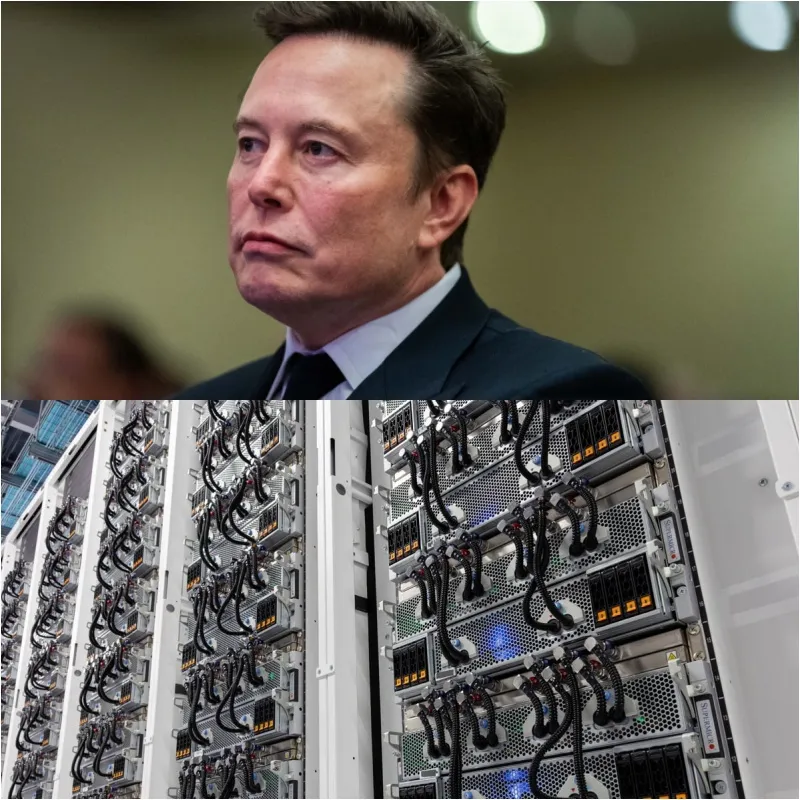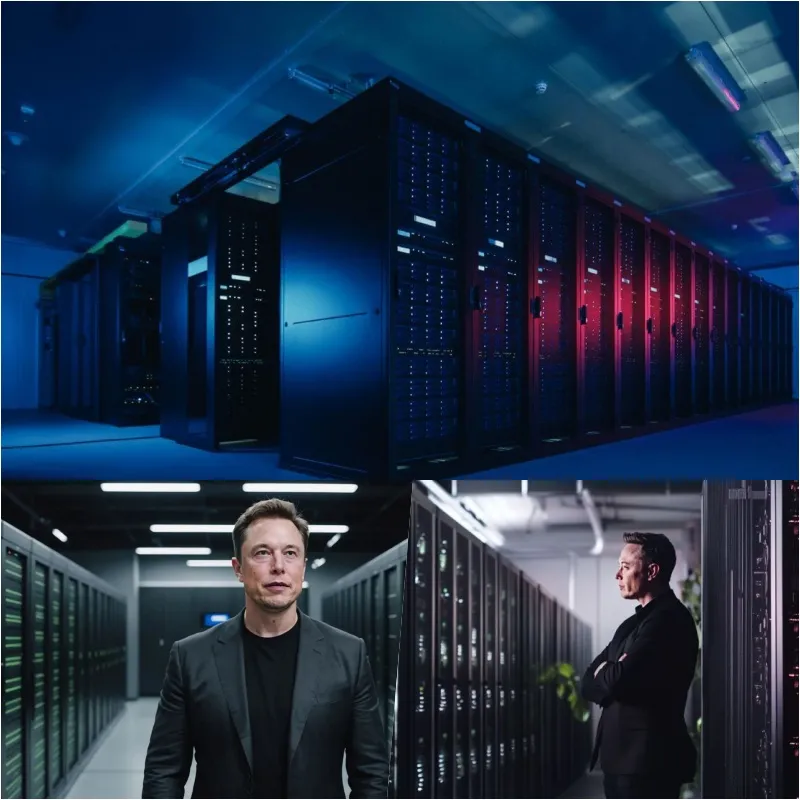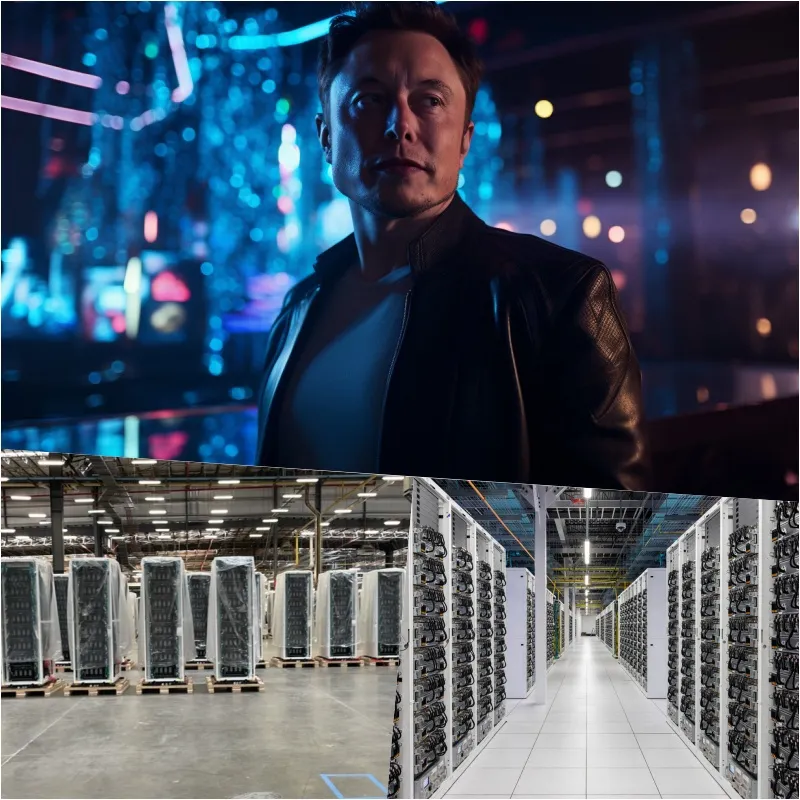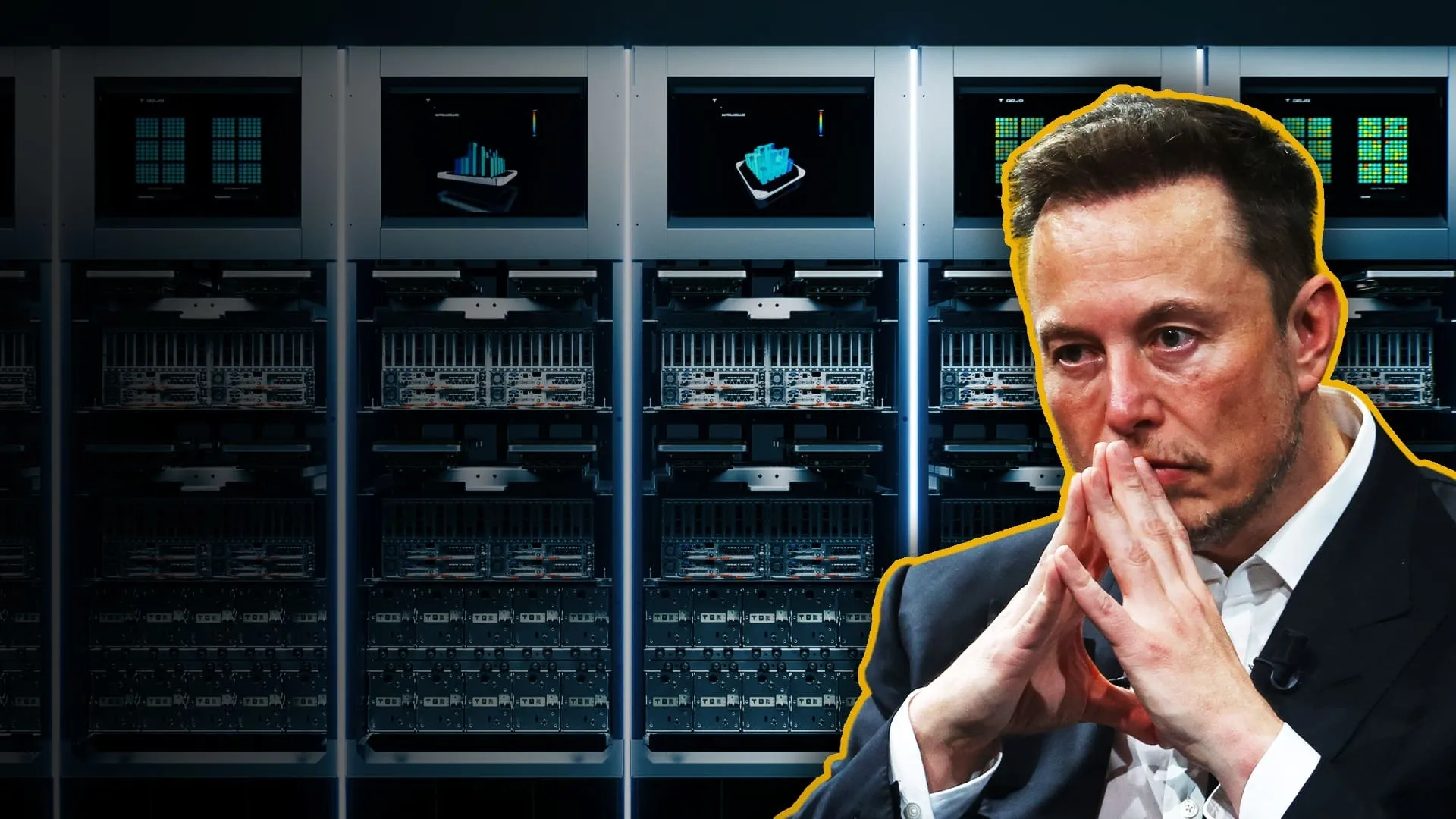Elon Musk’s xAI Company Secures 150 MW for Supercomputer
Elon Musk’s xAI company has secured approval from the Tennessee Valley Authority (TVA) to tap into 150 megawatts (MW) of power from the state’s grid, enabling the operation of a massive supercomputer. This approval is a critical step in running the Gigafactory of Compute, Musk’s ambitious AI data center, which will house 100,000 Nvidia GPUs. However, this increase in power demand raises concerns about its impact on local electricity prices and the reliability of the power grid in the Tennessee Valley.
Significant Increase in Power Demand
The approval represents a nearly 20-fold increase from the initial 8 MW allocated to xAI when the facility first opened in July. While the approval helps meet the growing needs of the supercomputer, which is designed to process vast amounts of AI data, it has sparked concerns among stakeholders. Critics worry that such a large draw from the grid could affect power availability for local households and lead to higher electricity costs for residents.
Musk’s plan to expand the computing capacity of the facility will also lead to a proportional rise in energy demand. According to Power Grid International, experts estimate that xAI needs about 155 MW to run its 100,000 Nvidia GPUs effectively, meaning that the TVA’s approval for 150 MW is nearly sufficient for the task.

Musk’s Supercomputer Ambition
When xAI began constructing the facility, it attracted attention for its speed. Nvidia CEO Jensen Huang praised xAI for building its supercomputer in just 19 days, a remarkable achievement compared to the average four-year timeframe typically required for such operations. However, the initial 8 MW of power allocated was far from enough to meet the demands of the growing AI infrastructure. To bridge the gap, Musk relied on large portable generators to meet the supercomputer’s power needs until a more permanent solution could be arranged.
By summer 2023, Memphis Light, Gas & Water (MLGW) had upgraded its substation to 50 MW to support xAI’s needs. Even with this upgrade, the power supply was still insufficient to operate all of the AI GPUs. Now, with the 150 MW approval, the company will have the power it needs to run its systems efficiently, at least for the time being.

Local Concerns and Grid Strain
Despite assurances from MLGW, which confirmed that xAI’s additional 150 MW would not cause strain on the local grid, concerns persist among residents and environmental groups. Amanda Garcia, an attorney with the Southern Environmental Law Center, expressed concern that the TVA Board approved xAI’s power request without thoroughly studying the impact on the community. Local Memphis City Council members also voiced their worries about the effect large industrial power users like xAI could have on electricity prices, arguing that priority should be given to residential customers.
MLGW’s CEO, Doug McGowen, reassured the council that the grid has sufficient capacity to handle the additional load. The company plans to purchase extra power from TVA as needed, ensuring that local consumers’ needs are met.
Future Power Demands for Data Centers
Looking ahead, experts predict that data centers powering AI models will require gigawatts of power. Current local grids may not be equipped to meet such massive demands without significant upgrades. This has prompted many tech giants like Amazon, Google, Microsoft, and Oracle to invest in the research and development of their own nuclear power technologies to meet future energy needs. However, these developments will take years to deploy. Until then, data centers, including xAI, will continue to rely on the existing power infrastructure.

Elon Musk’s xAI supercomputer is a significant leap forward in the AI industry, but it also highlights the increasing energy demands that come with cutting-edge technologies. While the approval for 150 MW from TVA is a critical milestone for Musk’s ambitions, it raises important questions about the future of energy infrastructure and how local grids will meet the growing demand of massive data centers. As AI technologies continue to evolve, balancing technological innovation with sustainable power solutions will be crucial for the future of both industries and communities.




Post Comment